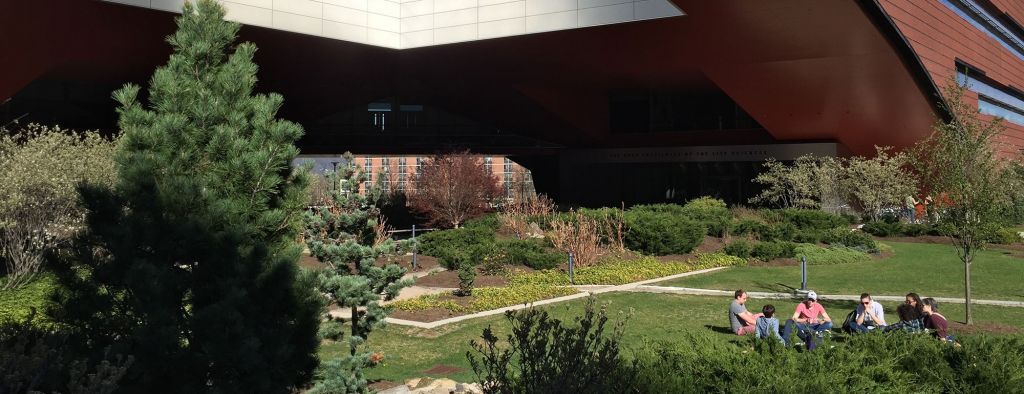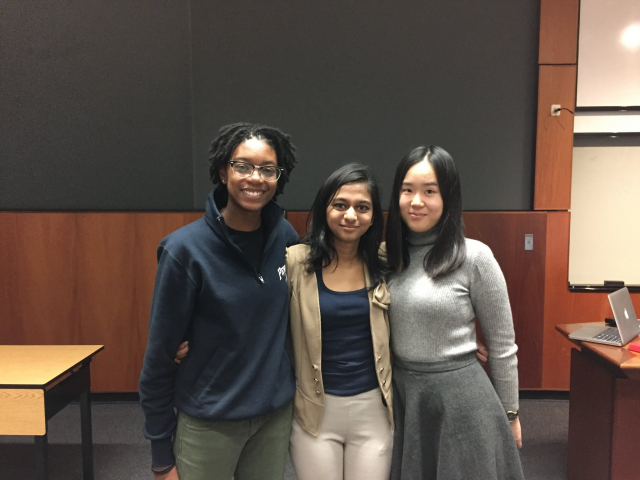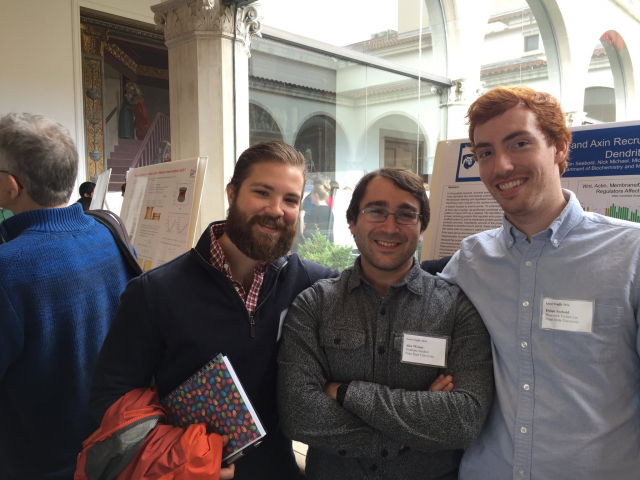
Mission
The MCIBS program aims to provide rigorous and in-depth training across a wide range of fields in the biological sciences. Students and faculty members in the program work to understand normal and disease processes at the molecular, cellular, and organismal levels.
Scope
The MCIBS program is a campus-wide life sciences graduate program at Penn State. The goal of the program is to bring scientists from different disciplines together to create an exciting graduate program. In practice this means students and faculty members are exposed to a wide variety of research problems and approaches. Students have the freedom to choose almost any life sciences lab on campus for their thesis work.
Philosophy
We in the MCIBS program believe that future breakthroughs will come from scientists with both in-depth training in a specific area and breadth of knowledge across the biological sciences who are able to recognize and translate the impact of progress in other fields to their own. The MCIBS program seeks students who are interested in integrating a specialized research focus within the context of broader biological sciences and who wish to pursue research careers in academia, industry, and government.
MCIBS is a rotation-based program. Students apply directly to the program; not to specific labs. Entering students identify mentors by performing rotations in different labs during their first semester. It is a great way for students and faculty members to ensure that their interests and research styles are a good match. It also allows students to explore areas that may be unfamiliar to them and to make make an informed choice about where they would like to do their thesis work.
You can get a more in-depth feel for the MCIBS program in the information for current students sections, including:
Click here for information about key steps along the academic path of the Ph.D. student.
Program Size
MCIBS aims for 10-15 students in each class so that there is a cohort of students to learn from one another, but also a personal feel. These students are encouraged to learn from the variety of disciplines represented by the 120 faculty members in the program.
Program Structure
First Semester
Students enroll in unified core courses that cover the basic biochemistry and molecular biology of genetic and cellular processes; current cutting-edge research; ethics; and the scientific method. They also take part in three research rotations chosen from among all the faculty members who participate in MCIBS.
Click here to see specific course requirements.
Second Semester
Students start in their thesis lab, and begin specialized courses that complement their research interests. At this time students choose an emphasis area to help guide their coursework.
Beyond
As students dig into their own research topic they will be encouraged to continue to learn about research across disciplines through following the progress of their peers, program retreats and program seminars.
Career Development
Being a scientist is much more than bench work. Teaching is integrated into many science-based careers so all students take a course where they learn the basics of effective teaching and then put this into practice with at least one semester as a teaching assistant. Development of other career skills is promoted through seminars, workshops, and internship opportunities.
Click here for information about events to expose students to science-based careers.


